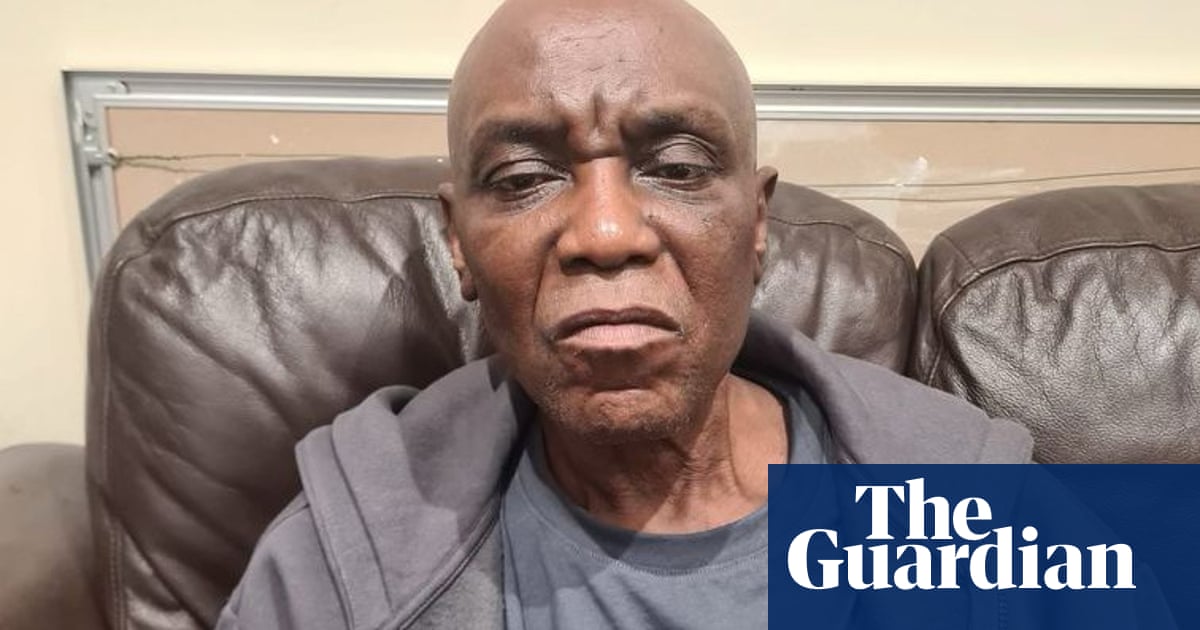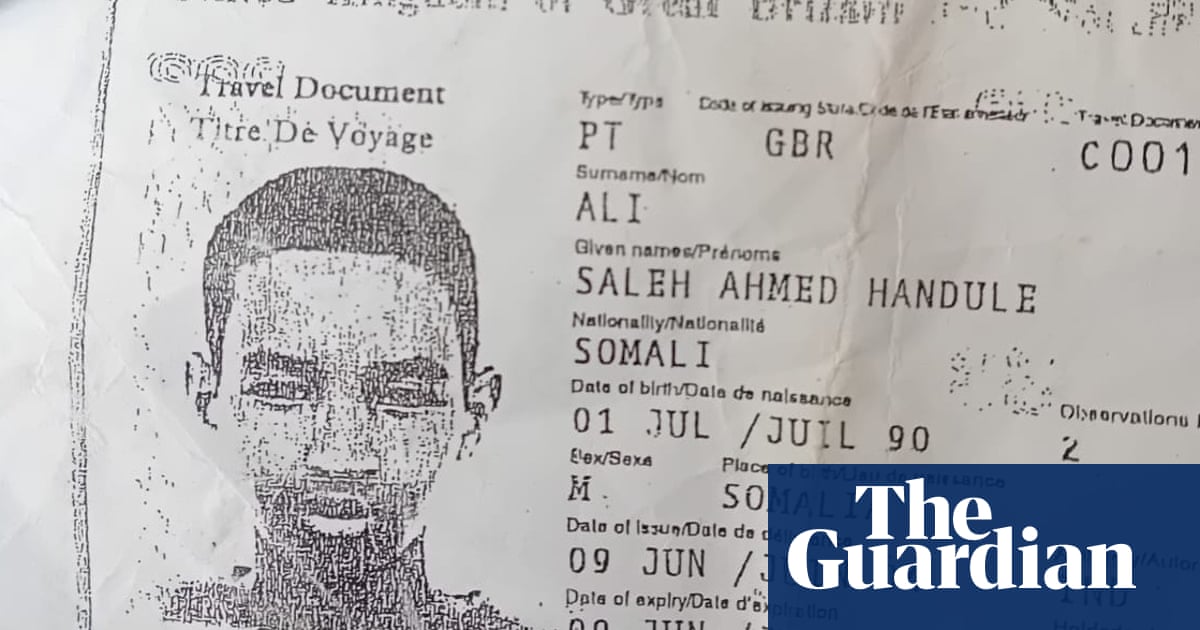
A Jamaican man in his 60s who arrived in the UK at the age of 23 has been granted leave to remain after four decades of struggling to secure his immigration status. But he will not be able to apply for British citizenship for another decade.
Dennis Henry, 61, came to the UK in January 1986 to join members of his family. He was an apprentice tailor and dreamed of a career as an engineer in the music industry. He arrived on a six-month visa and was unsuccessful in attempts to regularise his status because, like some members of the Windrush generation, he was unable to evidence his years of residency in the UK.
He was stuck in the catch-22 of not being able to take formal employment or to access public services because of his immigration status and so did not have sufficient formal documentation to prove his length of stay in the UK.
The problem was compounded by a house fire in 1998 in which the documents he did have were destroyed by water damage when the fire was extinguished.
He is a father to three British children, one of whom has died. He has been in a relationship with his British partner for two decades. In 2018 he was diagnosed with prostate cancer.
His situation echoes other cases such as that of Nelson Shardey, 74, who came to the UK in 1977 from Ghana. Shardey and Henry are among a group of migrants who arrived in the UK in the 1970s and 1980s, who do not qualify for leave to remain under Windrush rules and who have fallen through the cracks.
Henry’s lawyer, Naga Kandiah, of MTC solicitors, said he believed similar cases were likely to come to light involving people who had lived in the UK for decades and were now of pension age.
On 3 June, after legal representations, Home Office officials granted Henry leave to remain under the 10-year route, where people have to apply to have their visa renewed every 30 months.
It is only after 10 years of successful visa renewal applications that people can apply for British citizenship. Henry will be in his 70s and will have been in the UK for almost half a century before he is eligible to apply.
The 10-year route is expensive and is likely to cost Henry more than £10,000 in Home Office application fees and NHS surcharge.
Henry said: “For the last 38 years I have felt that I am in a prison. I have not had the right to work or the right to rent a home. It has placed an indescribable burden on me both financially and mentally. I felt like a nobody because until now I had nobody to put my case for me.
“I feel this is the first time in decades that I can sleep properly. After years of feeling like a fugitive I am free. I hope I will live long enough to apply for my British citizenship.”
Kandiah said: “Our client has been finally granted permission to stay after a 38-year battle. But he will still only be eligible for citizenship after 10 years – in 2035, when he will be in his 70s. He suffered from prostate cancer, both his parents passed away and he could not attend their funerals in Jamaica. The Home Office kept insisting on proof of his 38-year residency, which he struggled to provide due to a lack of paperwork.”
A Home Office spokesperson said: “It is longstanding policy that the Home Office cannot comment on individual cases.”












